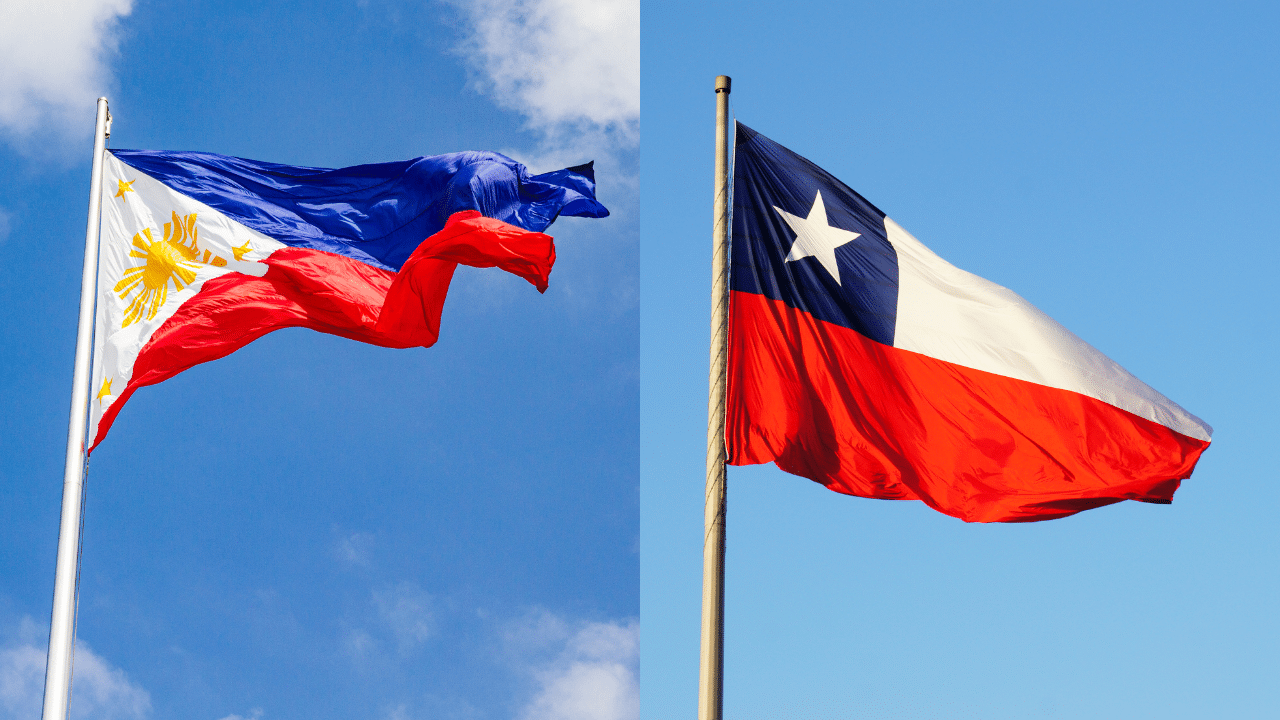Retail investors romancing the US through exchange-traded funds are discovering new vistas in emerging markets this year. Many Indians who invest abroad under the Reserve Bank of India's liberalized remittance scheme (LRS) appear to have shifted preference to China and Brazil since the start of the year, data from broking platforms indicated. The change comes amid a steep fall in US equities after President Donald Trump unleashed a tariff war.
spoke to six brokers who offer direct access to global markets and found that investments into China and Brazil grew relatively more than the US in the current year, albeit on a low base. Still, it shows a marked shift from before, when investors focused mainly on the US markets. New vistas “After January and especially through February and March, there has been growing interest in China, particularly in China-oriented ETFs as well as a few Chinese companies—a time where we noticed a bit of a de-focus on the US," said Sitashwa Srivastava, founder and chief executive officer of Borderless, a platform which has done over $2 billion in trades over the last three years.

| At Vested Finance, another access provider, investments in Brazil-focused ETFs stood at $3 million 2025, an 80-times increase from all of 2024. China-focused ETFs saw a 10x increase to $10 million against all of 2024, outpacing the 3X growth in US ETF volumes. In 2025 so far, investments in US ETFs via Vested stood at $80 million.
Data from Appreciate Wealth confirmed the trend. Investments into China grew 36% by volume of trades and 61% by value of investments in 2025, compared to the previous full year. For investments into Brazil, the platform saw a 110% increase in volumes and 245% increase in value in 2025, against all of 2025.
In contrast, US-focused investments on the same platform rose just 11% in volume and 18% in value during the same period. The platform did not share data on gross volumes. Tempting valuations The shift is driven by more attractive valuations in Chinese and Brazilian markets than in the US.
The Dow Jones had corrected 6.57% since 1 January. Against this, the Shanghai Composite and IBovespa have outperformed 1.
06% and 10.7% in the same period. In January, Brazil’s Ibovespa index traded at a trailing valuation of 10.
8x, while the Shanghai Composite Index was trading at 16.2x. The valuations for both were lower than that of the Dow, which was at 23.
21x. The growth in investments in China and Brazil coincides with an increase in outbound remittances via LRS for investments in equity and debt, increasing 65% month-on-month to $173.84 million in February, as per RBI.
Outbound investments in equity and debt via LRS increased 20% year-on-year to $1.51 billion in FY24. Over a period of five years, the same metric has increased 3.
6 times, from a mere $422 million in FY19. | “We are seeing an increased interest from Indian investors to buy China stocks, especially the China Tech ETF," said Mayuresh Kini, co-founder of Zinc Money, a broker who offers global market access. Shrivastava added that within China, investors are preferring energy, electricity, EV and tech ETFs.
Leaving crowded trades Viram Shah, co-founder and CEO of Vested Finance said, “Investors, both institutional and retail, are rotating out of crowded trades and into regions like China and Brazil, which are poised for a rebound and haven’t yet priced in all the potential upside." He added that this comes at a time when the US equities, especially large-cap tech stocks, are facing multiple headwinds: elevated valuations, geopolitical risk, and earnings uncertainty. Unlike Asia, Brazil’s appeal stems from reasonable valuations, a recovering economy, and limited exposure to global tariffs, said Ankita Pathak, macro strategist and global equities fund advisor at Ionic Asset.
She added, “With the organization for economic growth and development (OECD) raising growth forecasts to 2.5-3% for 2025 and expectations of rate cuts following high real interest rates and cooling inflation, investors see strong macro tailwinds." | Even though the US remains a dominant investment destination for most, many investors already have substantial exposure to US, say experts.
“With growing concerns around tariffs, recession risks, and broader uncertainty in the US, some are exploring diversification opportunities like China and Brazil," said a person from and AMC. What’s ahead? Even with the US imposing higher tariffs on China, an independent China story will continue, say experts. Pathak said, “The reason China hasn’t collapsed despite facing global criticism is because it's operating from a position of strength.
There are many Chinese businesses that are not dependent on the US, which are either domestic-focused or aligned more with the EU."She added that there is more scepticism around China, but there is also more upside than downside. |.
Business

Foreign ETF lovers find new darlings in China, Brazil

ETF investments into China and Brazil grew relatively more than the US in the current year, albeit on a low base. Still, it shows a marked shift from before, when investors focused mainly on the US markets.















